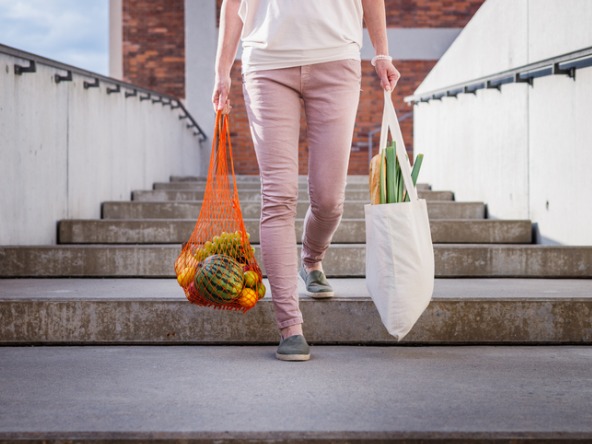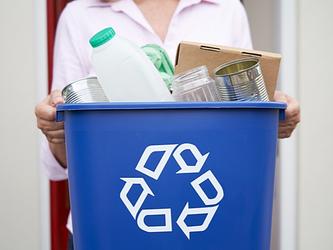Consumers increasingly opting for environmentally-friendly products

The study, called Who cares? Who Does?, found that sustainability-conscious shoppers represented 22% of all shoppers, compared with 18% in 2022 and 22% in 2021.
These consumers spend almost $500bn in the fast-moving consumer goods (FMCG) market each year, with this projected to reach $1 trillion by 2027, according to Kantar.
However, 43% of overall respondents said that financial constraints are making it harder for them to act sustainably, with sustainably marketed products costing 70% more than the category average price.
The findings are based on an annual study of around 112,000 respondents across 35 countries, and which seeks to connect consumer attitudes and actions to real shopping behaviour across the FMCG sector.
Consumer habits have shifted in favour of environmentally-friendly practices, Kantar said, with 74% bringing their own bags when shopping, up 3% since 2019, including almost half of people using fabric bags, up 12% in the same timeframe.
Almost two-thirds of consumers now use refillable bottles, while the use of reusable cups is at 42%.
The cost-of-living crisis is also inadvertently creating more sustainable behaviour in spaces like clothing, where cost is a major driver in the growth of second-hand clothes sales, while food waste is now a major concern for 24% of people globally.
Consumers’ tactics to minimise food waste include proper food storage ( 80%), making meals with leftovers ( 70%), meal planning ( 64%), creating shopping lists ( 62%) and finding alternative uses for foods at risk of spoiling ( 55%), according to Kantar.
However, the research found that only 8% of consumers frequently choose carbon-neutral products, citing their own lack of understanding ( 24%) or availability of such products ( 27%).
The perception that sustainable options are expensive remains the top barrier to sustainable choices, with 60.9% globally citing cost as a hindrance, Kantar said.
Despite this, 72% frequently or occasionally chose products with 100% recyclable packaging.
Natalie Babbage, author of the Kantar study, said: “It is clear that retailers and brands can shape habits by offering sustainable options and incentives, while governments are increasingly seen as responsible for addressing environmental issues at a systemic level.
“By aligning actions with eco-conscious consumers’ changing needs and desires, brands can win back shoppers who are switching en masse to white-label goods and contribute to a more sustainable future.”

We hope you enjoyed this article.
Research Live is published by MRS.
The Market Research Society (MRS) exists to promote and protect the research sector, showcasing how research delivers impact for businesses and government.
Members of MRS enjoy many benefits including tailoured policy guidance, discounts on training and conferences, and access to member-only content.
For example, there's an archive of winning case studies from over a decade of MRS Awards.
Find out more about the benefits of joining MRS here.













0 Comments